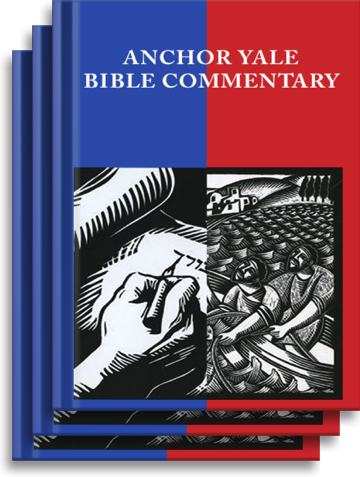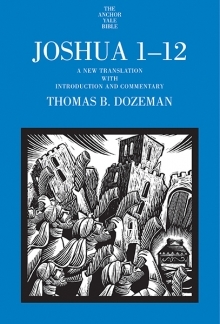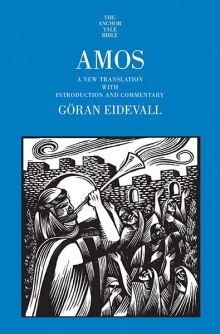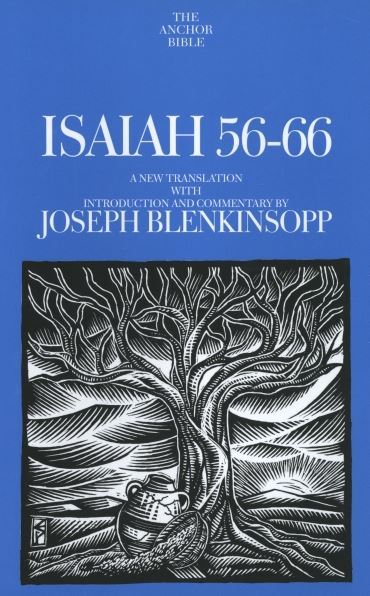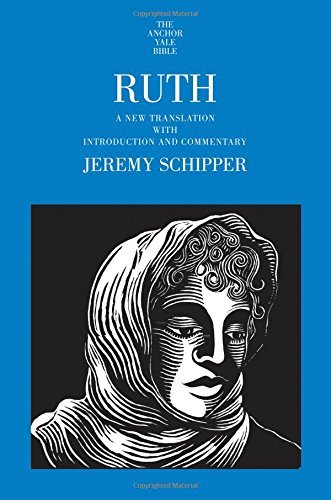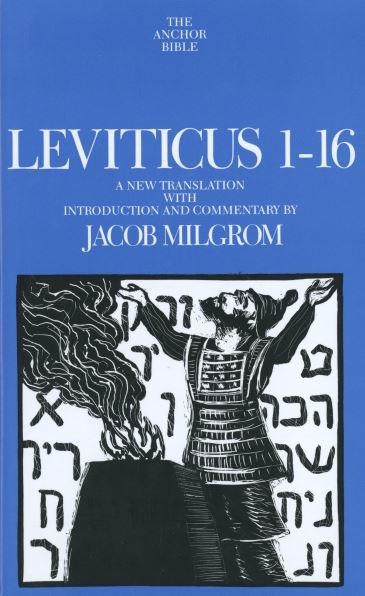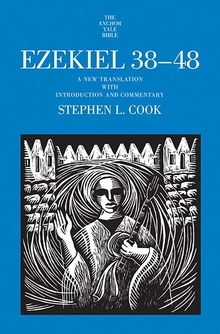


Anchor Yale Bible Commentary: 2 Kings (AYB)

Anchor Yale Bible Commentary: 2 Kings (AYB)
II Kings (Volume 11 in the acclaimed Anchor Bible) is the chronicle of the raging conflicts that tore the United Kingdom of Israel apart, creating the rival nations of Israel to the north and Judah to the south. It tells of the time of the great prophecies of Elijah and Elisha, and of the legendary conquerors of not only the Jews, but the whole of the Middle East--Sennacherib, Hazael, Tiglath-pileser III, Nebuchadnezzar, and Shalmaneser.
The book of II Kings was written with a dual purpose. It provided a chronological history of the divided kingdoms of Israel, from the time of division, through the destruction of the city of Jerusalem, and the final exile of the Jews into Babylonia. It also served as a reminder to all Israelite monarchs that their loyalty to the God of Israel, as worshipped in Jerusalem, determined the course of history. In his telling of the story, the book's author emphasized to his contemporaries and future generations that in order to avert the calamities that befell the Chosen People (their conquest by nonbelievers, the destruction of Jerusalem, and their ignominious exile), they would have to avoid a repetition of the misdeeds of the past. If they remained loyal to their God, their God would remain loyal to them.
Complete with maps, charts, photographs, and extra-biblical documentation, II Kings presents an important and illuminating new translation which explores a tumultuous epoch of change that forever affected theological and world history.
THE ANCHOR YALE BIBLE COMMENTARY SERIES is a project of international and interfaith scope in which Protestant, Catholic, and Jewish scholars from many countries contribute individual volumes. The project is not sponsored by any ecclesiastical organization and is not intended to reflect any particular theological doctrine.
The Anchor Yale Bible is committed to producing commentaries in the tradition established half a century ago by the founders of the series, William Foxwell Albright and David Noel Freedman. It aims to present the best contemporary scholarship in a way that is accessible not only to scholars but also to the educated nonspecialist. Its approach is grounded in exact translation of the ancient languages and an appreciation of the historical and cultural context in which the biblical books were written supplemented by insights from modern methods, such as sociological and literary criticism.
